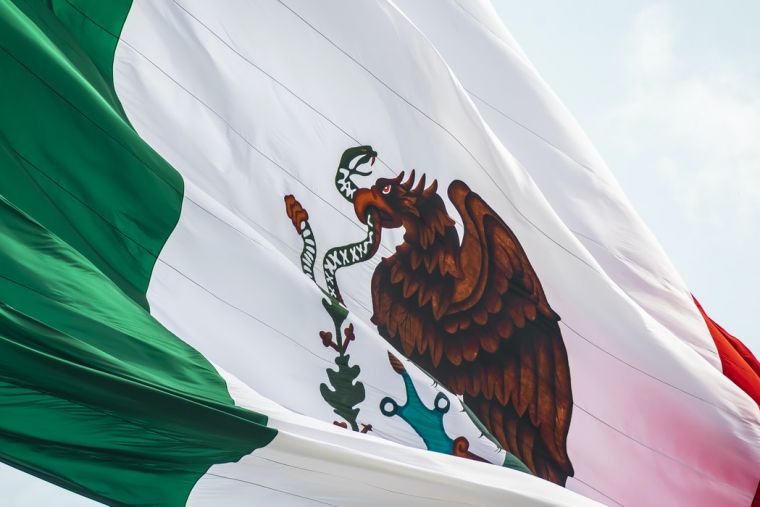Why is Mexico one of the most dangerous places to be a priest?

Although it is known as a highly religious country, many are often surprised to learn that violations of freedom of religion or belief (FoRB) remain a regular occurrence in several parts of Mexico.
In fact, it is still considered one of the most dangerous countries in the world to be a Catholic priest, and religious leaders belonging to a wide range of denominations are often particularly targeted with violence, abduction and extortion.
Religious leaders and other innocent civilians also get caught up in the insecurity and violence that plagues multiple states in the country. Earlier this month, Father Juan Antonio Orozco Alvarado and several others were killed in the crossfire of violent clashes between rival criminal armed groups on the borders of Durango and Zacatecas states.
Father Orozco Alvarado, a parish priest in Santa Lucía de la Sierra in Zacatecas, was only 33-years-old at the time of his death. He was reportedly on his way to celebrate Mass in the community of Tepehuana de Pajaritos when he was shot. Several others were on their way to church with him.
According to the Mexico-based Catholic Multimedia Centre (CCM), an organisation which documents attacks on priests in the country, more than 44 priests have been killed in the last decade, and Father Orozco Alvarado is the third priest to have been killed in violent clashes since 2019. Most recently, in March 2021, Father Gumersindo Cortés was assassinated in Dolores Hidalgo in Guanajuato state.
While Father Orozco Alvarado's death was the result of a conflict between armed groups, the expansion of criminal groups across Mexico has led to a marked increase in the deliberate targeting of religious leaders over the past decade.
Many groups view religious leaders and their influence on their communities as a threat to their power, and as such often attempt to use them as a means of ensuring the total cooperation of civilians in the areas under their control. Where leaders refuse to be used in this manner, they can face threats, violence, extortion, and even execution.
In several cases, religious leaders following Biblical mandates have also taken on the roles of human rights defenders, using their positions to engage with various human rights initiatives and bring the issues of their respective communities to the attention of those who can provide legal, practical or advocacy assistance. Unsurprisingly, this also often provokes the ire of criminal groups.
On 3 August 2019, Seventh Day Adventist Pastor Aarón Méndez Ruiz and his co-worker Alfredo Castillo de Luna were abducted from the migrant shelter where they worked in Nuevo Laredo, on the US-Mexico border, after Pastor Méndez Ruiz had blocked an attempt by an organised criminal group to kidnap Cuban asylum seekers from the shelter.
Since criminal groups view migrants as lucrative targets for abductions for ransom, there is no doubt that the attack on Pastor Méndez Ruiz and his co-worker was undertaken because of their work supporting and defending migrants in the area. The men have not been seen or heard from since, despite calls from the Inter-American Human Rights Commission urging the Mexican government to report on their case and conduct detailed investigations.
Sadly, this is all too often the case. Religious leaders have complained that local and state police are quick to label these attacks and murders as 'common crime', and most frequently as robberies gone wrong, rather than investigating the cases fully.
While the government is not directly responsible for the targeting of religious leaders in this manner, it has a role to play in ensuring that those responsible are held to account. In response to the killing of Father Orozco Alvarado, the Order of Friars Minor to whom the priest belonged urged the Mexican government to conduct a full investigation into his murder, and called for the creation of public policies aimed at guaranteeing the security of the general population in accordance with international standards.
For too long, drug cartels have operated in a culture of widespread impunity. It is essential that Mexico steps up its efforts to protect church leaders and innocent civilians across the country, sending a strong message that organised criminal groups do not reign supreme.
Ellis Heasley is Public Affairs Officer at Christian Solidarity Worldwide, which works on over 20 countries across Africa, Asia, Latin America and the Middle East, to ensure that the right to freedom of religion or belief is upheld and protected.











